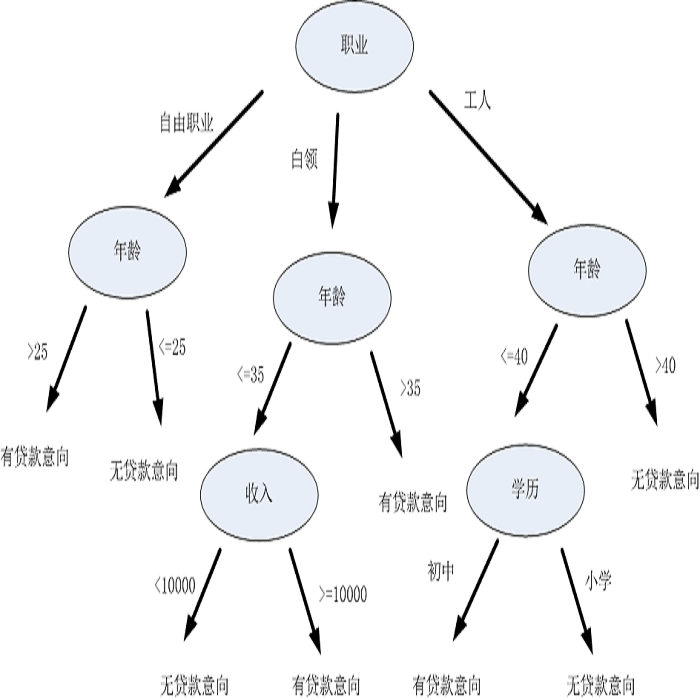In this paper we criticize the robustness measure traditionally employed to assess the performance of machine learning models deployed in adversarial settings. To mitigate the limitations of robustness, we introduce a new measure called resilience and we focus on its verification. In particular, we discuss how resilience can be verified by combining a traditional robustness verification technique with a data-independent stability analysis, which identifies a subset of the feature space where the model does not change its predictions despite adversarial manipulations. We then introduce a formally sound data-independent stability analysis for decision trees and decision tree ensembles, which we experimentally assess on public datasets and we leverage for resilience verification. Our results show that resilience verification is useful and feasible in practice, yielding a more reliable security assessment of both standard and robust decision tree models.
翻译:在本文中,我们批评传统上用来评估在对抗性环境下部署的机器学习模型的性能的稳健度措施。为了减轻稳健度的局限性,我们引入了称为复原力的新措施,并侧重于核查。特别是,我们讨论如何通过将传统的稳健性核查技术与数据独立的稳定性分析相结合来验证复原力。 该分析确定了模型在对抗性操纵下没有改变其预测的特征空间的子集。然后,我们为决策树和决策树群引入了正式可靠的数据独立性稳定性分析,我们对公共数据集进行试验性评估,并利用杠杆手段进行复原力核查。我们的结果显示,复原力核查在实践中是有用和可行的,对标准型和稳健决策树模型进行更可靠的安全性评估。




